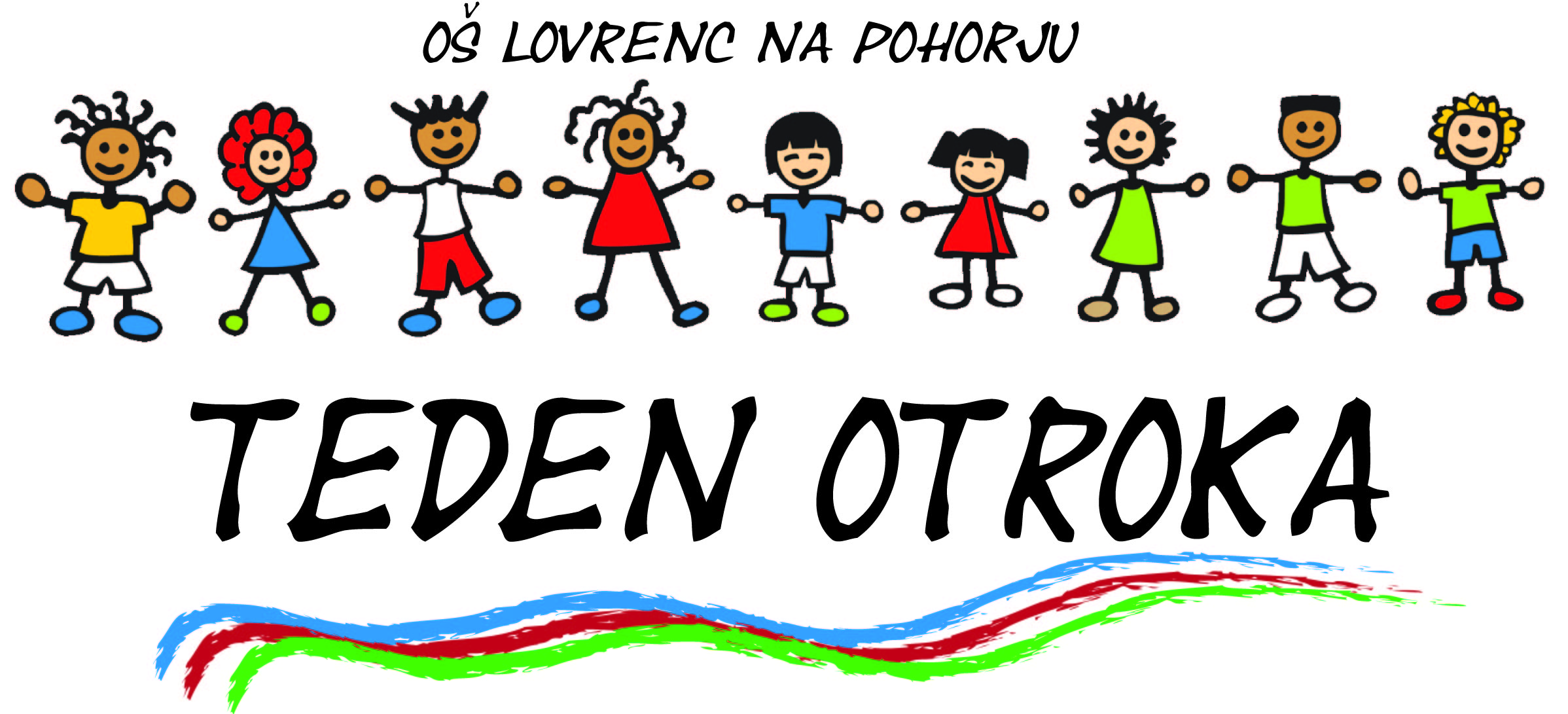 Children's Day is recognized on various days in many places around the world, to honor children globally. It was first proclaimed by the World Conference for the Well-being of Children in 1925 and then established universally in 1954 to protect an "appropriate" day. International Day for Protection of Children, is observed in many countries as Children's Day on June 1 since 1950, was established by the Women's International Democratic Federation on its congress in Moscow (22 November 1949). Major global variants include a Universal Children's Day on November 20, by United Nations recommendation.
Children's Day is recognized on various days in many places around the world, to honor children globally. It was first proclaimed by the World Conference for the Well-being of Children in 1925 and then established universally in 1954 to protect an "appropriate" day. International Day for Protection of Children, is observed in many countries as Children's Day on June 1 since 1950, was established by the Women's International Democratic Federation on its congress in Moscow (22 November 1949). Major global variants include a Universal Children's Day on November 20, by United Nations recommendation. Today, around three hundred and fifty thousand children will open their eyes for the very first time. They’ll arrive from all over, but will eventually learn a universal language: one of surprise, fascination, fear, joy and hope. And as they grow, they’ll use these emotions to teach us how to live, and to see our lives through newer, fresher eyes. This is why we honor Children’s Day – to raise awareness about the possibilities within each and every young person, and how they can improve our world, and ourselves. The potential of children is limitless. Let’s help them achieve their best, so that we, as a society, can achieve ours.
Today, around three hundred and fifty thousand children will open their eyes for the very first time. They’ll arrive from all over, but will eventually learn a universal language: one of surprise, fascination, fear, joy and hope. And as they grow, they’ll use these emotions to teach us how to live, and to see our lives through newer, fresher eyes. This is why we honor Children’s Day – to raise awareness about the possibilities within each and every young person, and how they can improve our world, and ourselves. The potential of children is limitless. Let’s help them achieve their best, so that we, as a society, can achieve ours. Universal Children's Day takes place annually on November 20. First proclaimed by the United Nations General Assembly in 1954, it was established to encourage all countries to institute a day, firstly to promote mutual exchange and understanding among children and secondly to initiate action to benefit and promote the welfare of the world's children. This day is observed to promote the objectives outlined in the Charter and for the welfare of children. On November 20, 1958 the United Nations adopted the Declaration of the Rights of the Child. The United Nations adopted the Convention on the Rights of the Child on November 20, 1989 and can be found on the Council of Europe website.
Universal Children's Day takes place annually on November 20. First proclaimed by the United Nations General Assembly in 1954, it was established to encourage all countries to institute a day, firstly to promote mutual exchange and understanding among children and secondly to initiate action to benefit and promote the welfare of the world's children. This day is observed to promote the objectives outlined in the Charter and for the welfare of children. On November 20, 1958 the United Nations adopted the Declaration of the Rights of the Child. The United Nations adopted the Convention on the Rights of the Child on November 20, 1989 and can be found on the Council of Europe website. In 2000, the Millennium Development Goals outlined by world leaders in order to stop the spread of HIV/AIDS by 2015. Albeit this applies to all people, the main objective is with regard to children. UNICEF is dedicated to meeting the six of eight goals that apply to the needs of children so that they are all entitled to basic rights written in the 1989 international human rights treaty. UNICEF delivers vaccines, works with policymakers for good health care and education and works exclusively to help children and protect their rights.
In 2000, the Millennium Development Goals outlined by world leaders in order to stop the spread of HIV/AIDS by 2015. Albeit this applies to all people, the main objective is with regard to children. UNICEF is dedicated to meeting the six of eight goals that apply to the needs of children so that they are all entitled to basic rights written in the 1989 international human rights treaty. UNICEF delivers vaccines, works with policymakers for good health care and education and works exclusively to help children and protect their rights. In September 2012, the Secretary-General Ban Ki-moon of the United Nations led the initiative for the education of children. He firstly wants every child to be able to attend school, a goal by 2015. Secondly, to improve the skillset acquired in these schools. Thirdly, implementing policies regarding education to promote peace, respect and environmental concern.
In September 2012, the Secretary-General Ban Ki-moon of the United Nations led the initiative for the education of children. He firstly wants every child to be able to attend school, a goal by 2015. Secondly, to improve the skillset acquired in these schools. Thirdly, implementing policies regarding education to promote peace, respect and environmental concern.